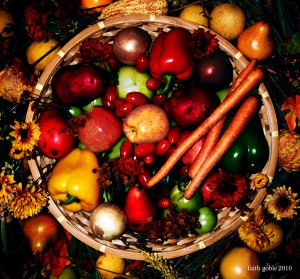By Shen Gao
Staff Writer

A new study published by the Harvard T.H. Chan School of Public Health links the consumption of high-fiber foods with having a lower risk of breast cancer.
According to Maryam Farvid, a visiting scientist at the School, adolescence and early adulthood is a vital period during which breast cancer factors are particularly important.
“This work on the role of nutrition in early life and breast cancer incidence suggests one of the very few potentially modifiable risk factors for premenopausal breast cancer,” Farvid said.
A long-running study originating in 1991 followed a group of over 90,000 women, investigating factors that influence their health. The women completed questionnaires about their high school diet, as well as their current diet every four years.
Fiber intake by these women was analyzed by the researchers, who adjusted for a variety of other factors, including but not limited to race, family history of breast cancer, body mass index, and alcohol use.
Results show that breast cancer risk was 12 to 19 percent lower for women who consumed more dietary fiber during their early adulthood. Overall, there is a strong inverse association between dietary fiber intake and breast cancer incidence.
Breast cancer risk was reduced by 13 percent for each additional 10 grams of fiber consumed on a daily basis. Moreover, the biggest benefits came from vegetable and fruit fiber.
Furthermore, the researchers hypothesized that eating more fiber-rich foods may reduce the risk of breast cancer partly due to reducing estrogen levels in the blood, which are linked to the onset of breast cancer.
This is evidence that what you eat during your early adulthood really impacts future cancer risk. But it’s never too late to start consuming fiber-rich foods.



















